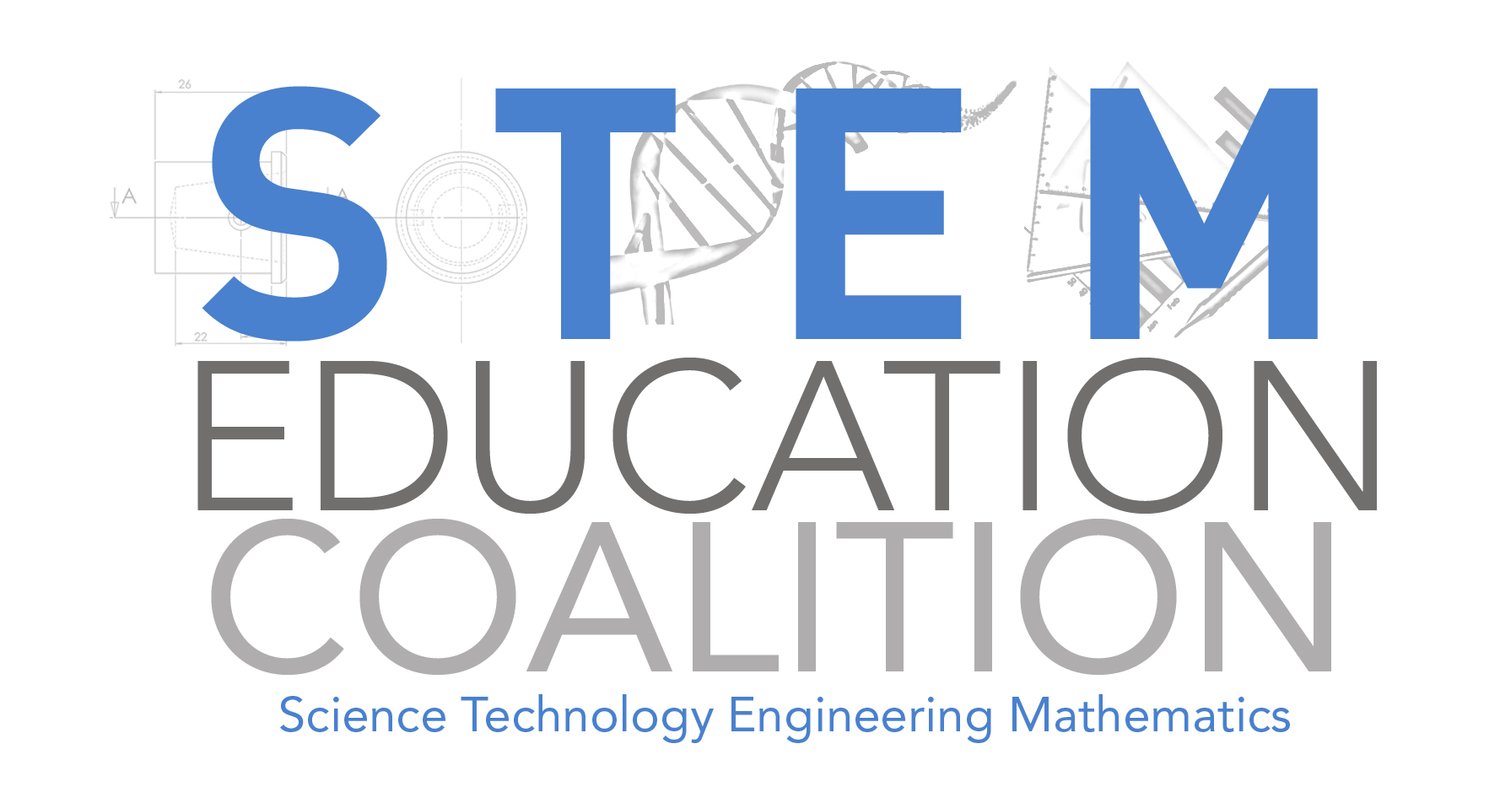Coalition Testifies to House Approps on NSF’s Education Programs
Today, the Coalition was invited to testify before Chairman Frank Wolf’s Appropriations Subcommittee on Commerce, Justice, and Science on the role of the National Science Foundation in improving STEM education. Here is the Coalition’s testimony:
James Brown
Executive Director
STEM Education Coalition
Spoken Testimony
House Committee on Appropriations, Subcommittee on Commerce, Justice, Science
March 22, 2012
Thank you for the opportunity to testify.
Our Coalition of more than 500 business, professional, and education organizations is broad and unified voice in advocating for policies to improve STEM education at all levels – Kindergarten through career and in-school or out-of-school. It is our pleasure to offer views on FY 2013 appropriations for the National Science Foundation’s Education and Human Resources Directorate (EHR).
STEM education is closely linked with our nation’s economic prosperity in the modern global economy. Strong STEM skills are a central element of a well-rounded education and are essential to effective citizenship.
We strongly advocate that STEM education must be elevated as a national priority as reflected through education reforms, policies to drive innovation, and federal and state spending priorities.
Our Coalition has always looked at NSF as “THE” lead agency within the federal government to develop the tools and educational innovations to address challenges facing STEM education. It is the one agency that brings together the research bases of the STEM fields and educational practice. NSF is also the premier agency for support of research on learning and curriculum development at the undergraduate and graduate levels across the STEM disciplines.
One of our longstanding concerns has been that some on Capitol Hill seem to regard the educational mission of NSF as being secondary to NSF’s research mission. We don’t see it that way – education, research, and innovation are intimately connected. To this end, we strongly support NSF’s efforts to integrate STEM research and education. In fact, without a cadre of well-educated students who will become future scientists, engineers, and principal investigators, research investments will not reach their full potential.
Let me briefly outline several specific observations on the budget request for the Education and Human Resources Directorate at NSF:
Overall, we support the Adminstration’s proposed funding level of $875 million for the EHR Directorate, an increase of 5.6% over last year. This funding level would help reverse a recent trend to underfund EHR vis-à-vis the other NSF directorates.
Our Coalition has long supported both the Math and Science Partnerships and the Noyce Teacher Scholarship program as integral parts of EHR’s mission to support research into best practices in professional development and teacher education. We hope these programs continue intact.
We strongly support efforts to more closely integrate the work of EHR with related programs at the U.S. Department of Education. Effective coordination between these two agencies is critical. In particular, we support joint initiatives between the two agencies that are focused on developing, evaluating and scaling up proven practices to improve learning in STEM subjects.
We also support expanding effort to effectively disseminate and share the proceeds of EHR’s research into STEM best practices more broadly within the education community, especially with state and local entities. We particularly appreciate the Subcommittee’s ongoing interest and leadership in this area.
Turning to another matter, we hope that proposed changes to EHR’s informal science programs will not compromise the NSF’s commitment to supporting innovation in the out-of-school space, an area for which EHR has long been a leader.
Finally, we encourage the Subcommittees continuing efforts to ensure that STEM education programs across the federal science agencies, including those at NSF, are focused on producing sound results that will contribute to student achievement and better preparation for STEM careers. We have also closely followed the efforts undertaken on this issue by the GAO, the White House Office of Science and Technology Policy, and the Education and Workforce Committee and will continue to do so.
Thank you again for the opportunity to address the Subcommittee.

